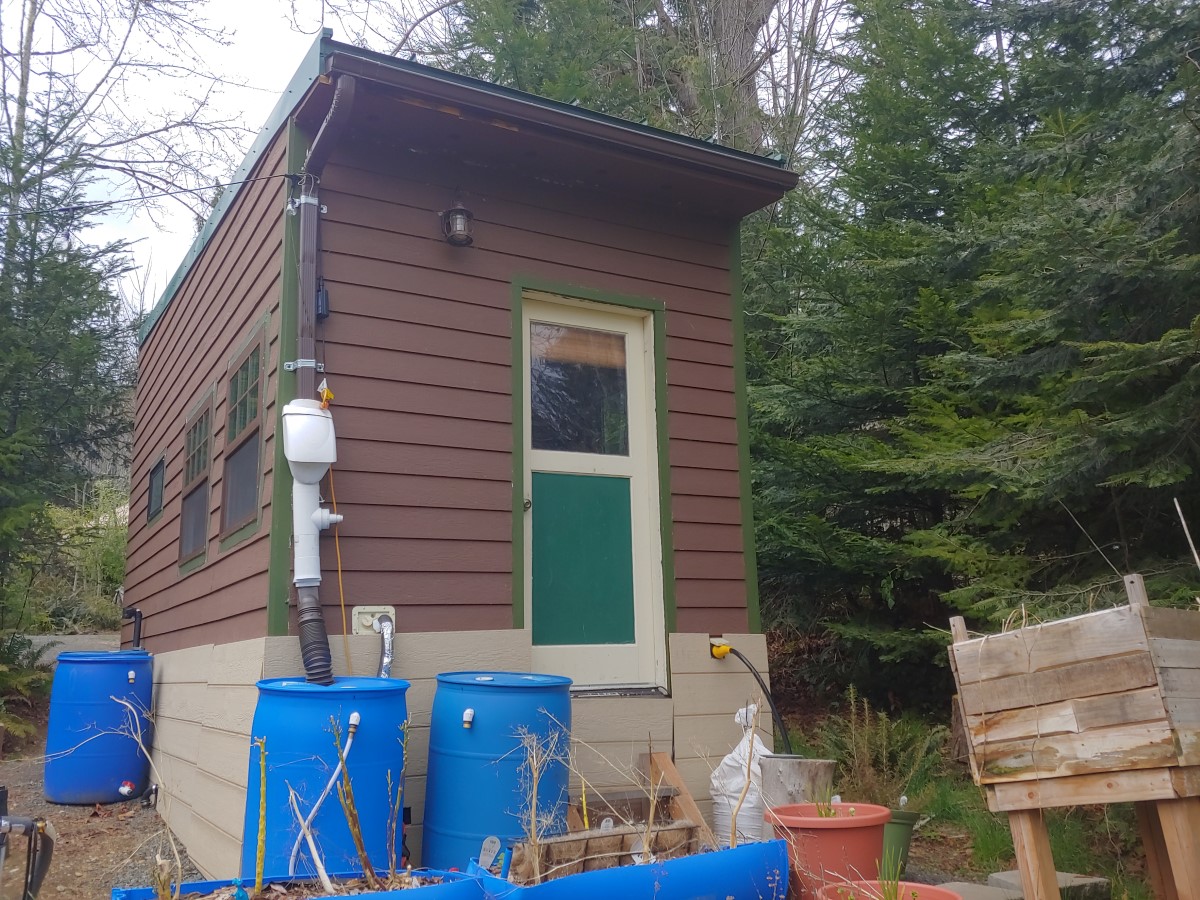In light of the abysmal presidential debates, many people have lost faith in our governing system. We only get to pick from these two utterly terrible humans to run this country? Are you serious?
Looks like it’s time to look at other ways to govern society because our current system hasn’t solved a single issue and continues to divide people instead of uniting them.
We are skipping the “Some form of politician will save us!” part, as I covered in a previous article, because no politician is going to be looking out for your best interest.
So if we are bypassing politicians, what are we doing?
Anarchy, or Self-Governance, the most misused term in history.
No, Anarchy Means Destruction
Actually, Anarchy just means no centralized authority telling you what to do. Which means you are in control of yourself, meaning you are self-governing. News outlets and politicians love to use Anarchy synonymously with Chaos because there’s an inherent belief that: If there is no one, that is deemed to have “authority” over you, telling you what you should be doing, then all of humanity will just bust out into raping, murdering savages that will destroy every bastion of civilization.
Now sure, in the beginning, without any guidance, people might just bust out and go crazy because they no longer have someone’s boot on their neck. They are experiencing freedom for the first time. You know, the exact same thing that happens with a child that leaves their parents to become an adult. So the terrifying aspects that people see with Anarchy come from rebellious teenage behavior. Rebellious teens are angry that their parents withheld something from them. Then when they get their hands on the thing they couldn’t have they, usually, over indulge in it, pushing it to extremes because they don’t know what the extremes are.
Now lets put government as the parents in this Anarchy context. You find out the government has withheld things that could have helped you and society because of other agendas the government had for the people they ruled over. Naturally you’re shocked in the beginning, maybe even angry and want to immediately disassociate from the government that had lied to you for so long. Which could come across as destroying anything that would remind you of that toxic government. Huh, this sounds a lot like every political revolution in history right?
Let’s Not Repeat History
The revolution is a time where we all have the choice of going back to the same old thing, or actually doing this Anarchy (self-governing) thing. So far history has shown that we tend to go back to the same old and then get screwed over the same exact way. Then later we have another revolution of some kind. Why do we do that?
Responsibility.
Everyone loves to unleash their anger and fight. But what happens after the fight? Who cleans up the mess? How do you interact with people once your rage has left and there’s nothing left to fight? A vast majority of us have gotten used to just letting someone else deal with the mess or being told how we should be interacting with other people. We tend to avoid responsibility for any of the fight we just participated in. This is what has to change.
We have to see that we are smart enough to know how to clean things up, rebuild in better ways and interact with people that doesn’t end up violent. We have to be responsible for what comes after the fight and not let someone else just determine our futures for us.
But what does taking responsibility look like?
True Self-Governance
How do we take responsibility for our lives when there is no large government telling us what we can have and what we can do? The obvious matters of shelter, food, water and energy need to be addressed (covered in another article). But how do we interact? How do we determine ethical behavior with no government coercing us into doing something?
We form small communities with mutual consent between all members that wish to form a community. Membership within a community is always voluntary, so leaving or joining a community isn’t difficult. Every human has the right to change the community they wish to live in. There should only be between 100-10,000 members or else there are too many people to coordinate with at once and the old coercive model of politics comes back into play.
A decision on ethical behavior will need to be determined and agreed upon unanimously within the community. Unanimous consent should be the only way decisions are made. If someone doesn’t like the decision that is made then they are free to leave and join another community. Majority rule always leads to division, with a minority group being established and potentially ostracized, just like in our current “democratic” system. With the unanimous consent rule every concern is heard and addressed in the best possible way. Keeping a community small allows for decisions to be made quickly that work for everyone living in the community. The utilization of the internet with discussion boards and online polling can make things move very quickly and have everyone in the community have equal and easy access to the issue at hand.
Now small communities can’t do and produce everything in the world. This is where community mutual aide comes in.
A number of small communities can create trade or mutual aide agreements. This would lead to the development of confederations. Each small community still operates independently of the confederation group. The purpose of the confederation is to manage the different trade and aide agreements each of the communities have with each other.
There will have to be a unified understanding of a broad set of ethics that the confederation agrees to abide by in order to minimize disputes. An example for broad ethics would be: 1-Do no harm to humans. 2-Do no harm to the planet. 3-Everyone has a fair share (ethics pulled from the principles of Permaculture). Each small community can then interpret how to define and enforce each ethic however they want by using the unanimous consent rule. If the other communities see one community in the confederation bending the ethics in undesirable ways, then the confederation can simply dissolve and reform without the one community that was bending the ethics. No war or coercion is needed. Different opinions and interpretations can and should be allowed to exist. Other communities merely need not participate with those communities they do not agree with.
In order to overcome the problem of isolation, every community needs equal access to the global internet. Just because we are small communities doesn’t mean we don’t participate or engage in the global environment. No restrictions or censorship of the internet should be allowed within communities. All opinions need to be voiced. Those that are undesired opinions need to be expressed so that we, as a human collective, can learn and offer counters to those opinions.
Also with the internet each community could have intercontinental relationships with other small communities around the world. Trade and aide agreements can be set up and global confederations can form. We don’t need to be land locked or toss all of our technological advancements out the window by merely deciding to be self-governing.
There can even be old ways of governing that exist in the world along side self-governing societies. Everyone still has the ability to consent to being governed in whatever way they feel comfortable with. All attempts should be made to make non-violent or non-coercive agreements with the old governing societies. This is the only way to avoid conflict between to two systems. If conflict does arise, each community/confederation has the right to determine how to best respond through unanimous consent.
So now we have a general outline of where to go with self-governance and how a self-governing world could look, but how do we start this in the world that we are currently in?
Think on this question until the next article release where we will discuss actions and groups you can join to make this self-governing world a reality!
Be sure to sign up if you want to participate in this discussion!








Leave A Comment
You must be logged in to post a comment.